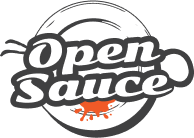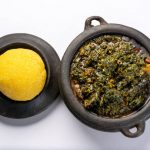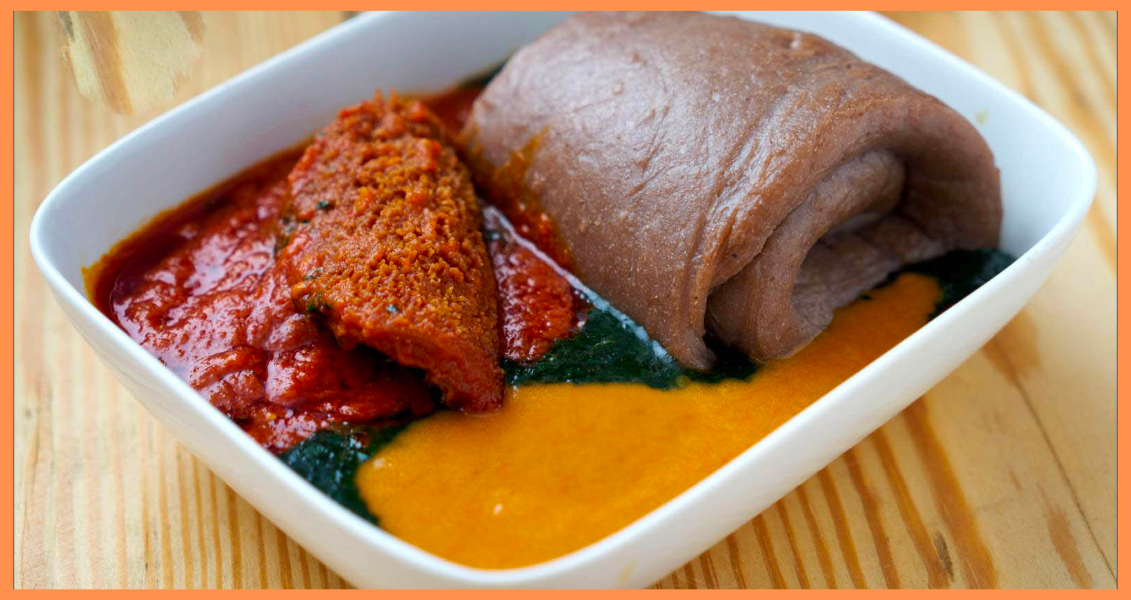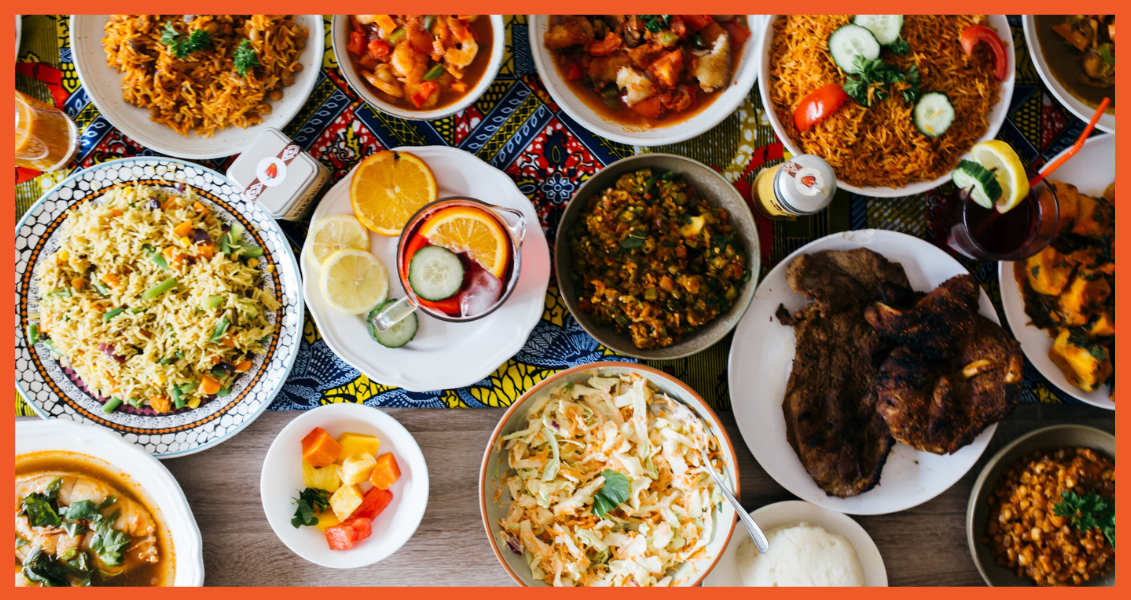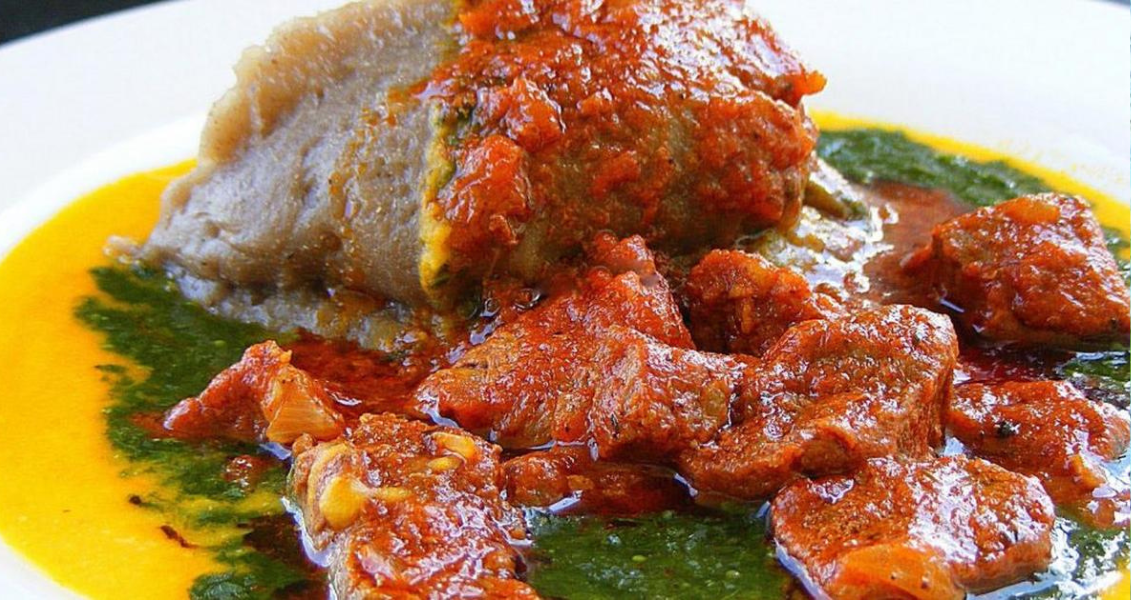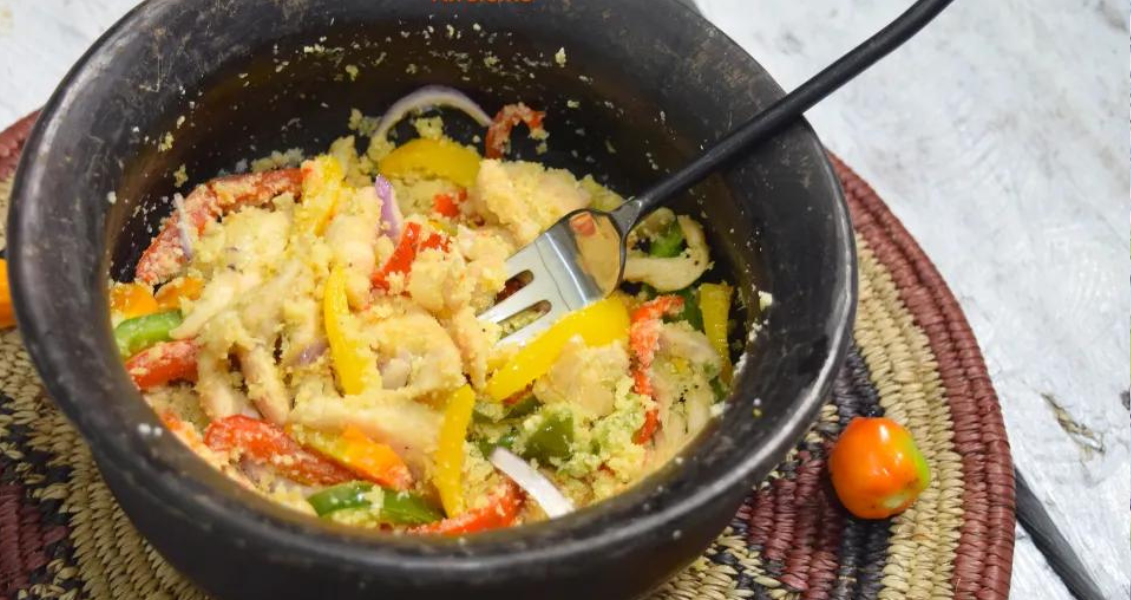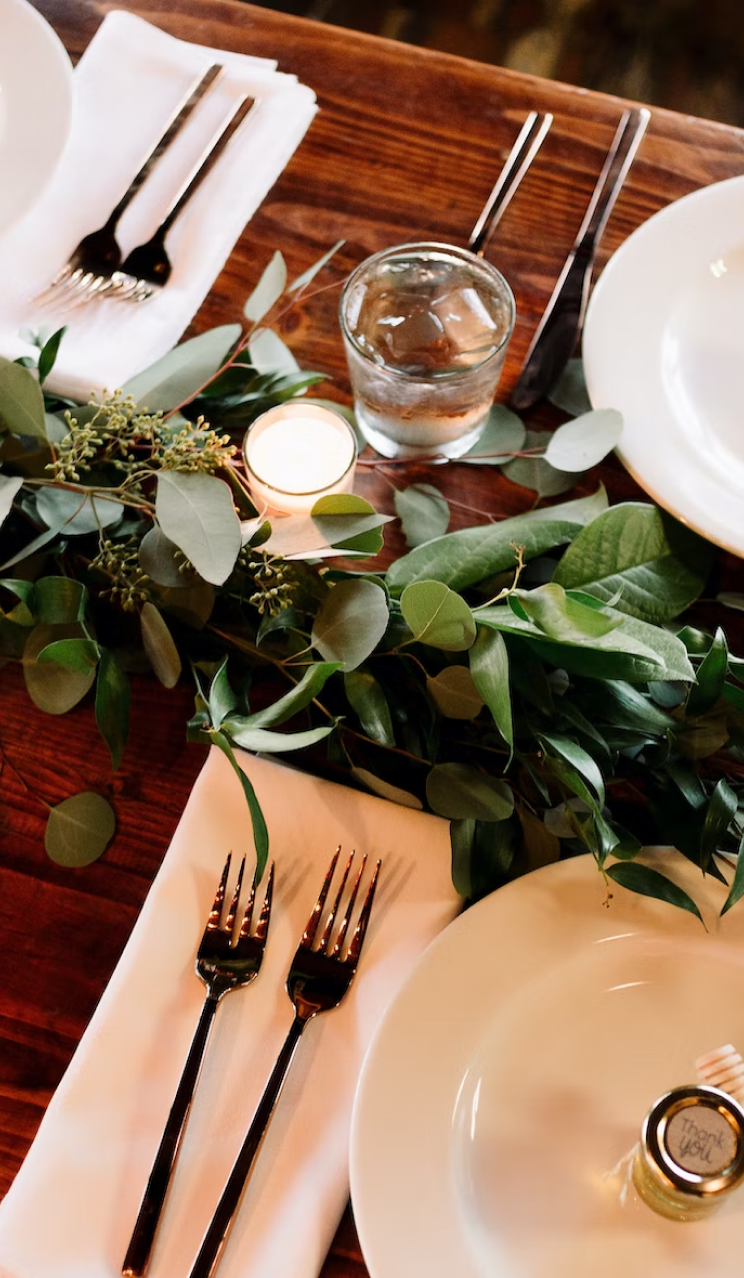Welcome to the newsletter for people who love to eat, drink and travel. Every Thursday, by 3pm, you’ll receive the tastiest stories from Africa’s dining tables. Forward to someone!
Good morning, guys, and welcome to today’s edition of your favourite Thursday lunchtime indulgence- the Deliciously Newsletter. I know I said good morning, but you can’t blame me. Today’s rain and the absence of sun have altered my sense of time, so as long as the weather is gloomy and the sunlight is scarce, it’s “good morning.”

Today’s rant is about the thousands of restaurants that lie about their origins. Before I get into my major angst, I’ll tell you a personal story, like always.
The year is 2018, and I just resumed at the Enugu campus of the Nigerian Law School. I’d heard so much about cuisines from the Southern part of Nigeria, and this was my first opportunity to spend a significant amount of time anywhere in the Southeast.
On our campus, we had various restaurants, and some geniuses decided that the best way to name the restaurants was to christen them according to the cuisine they served. So we had Anambra kitchen (which served meals domicile to Anambra state), Enugu kitchen (which served, of course, Okpa), Akwa Ibom Kitchen where you could get south-south meals and lastly, Lagos kitchen, where all the meals you missed from Lagos were available.
According to this logic, you would expect that the Akwa Ibom kitchen would be run by an Akwa Ibom owner with some expertise in Akwa Ibom food, right? Hahaha. No. I had the worst Afang in my life in that place. It took me six months to realise that the kitchen was run by an Igbo woman who slammed “Akwa Ibom Restaurant” on her signpost to bait unsuspecting customers into eating her food.
This isn’t an isolated incident. I grew up in Lokoja, the capital of Kogi state. Because Kogi state is in central Nigeria, we have a lot of people from all over the country resident here. So, seeing Mama Chioma Igbo Restaurant is pretty typical here until you walk into the restaurant and see them serving amala and ewedu.
Since when Mama Chioma begin dey serve amala and ewedu forgossakes?

The fact that a lot of people are willing to lie about being a brand dedicated to meals from the South-south and Southeast is a testament to how much in demand meals from these parts of the country are. But it’s becoming increasingly difficult to know the authenticity of these restaurants and what they claim to be.
On my street in Lagos, there’s a “Calabar restaurant” planted inside a tiny shed where the matron sells afang and also moi moi. I enquired from her about what business moi moi had with Calabar cuisine. She explained that the local locals’ demand meant that she had to diversify and include some local meals in her menu.
This reminded me of the fine dining intercontinental restaurants on the island, where it’s common to see a Korean restaurant with jollof rice and plantain on the menu. I’ve seen maybe 2000 K-drama films, and not once have I seen any character eating jollof rice. But if you intend to succeed as a restaurant in Nigeria, you must have jollof rice on your menu.

A friend who lives in Ilorin once told me a story of how he walked into a so-called Mama Ekaette restaurant and discovered that the owner of the restaurant was a Yoruba woman, so he walked out immediately because he wasn’t ready to eat substandard ekpangkukwo.
Although there’s an argument to be made about how there are people who can actually cook great meals from other cultures, I believe that it’d help everyone if they’re not misleading the public on the origins of the restaurant.
That said, some authentic restaurants on the Island really stick to their niche. For authentic meals from Southern Nigeria, you can check out Just Afang or Niger Delta restaurant. In Abuja, you’re sure to get the full Yoruba culinary experience at Iya Oyo, and Native Tray doesn’t disappoint when it comes to Igbo delicacies.
That’s the end of my rant today, guys. Thank you for reading another episode of Deliciously. Here’s a quick reminder that Vendease is your one-stop shop for the e-procurement of your food items at a cheaper rate. You don’t have to stress yourself by going to the market, especially during the unpredictable February weather.
See you next week for another exciting episode! another exciting episode of Deliciously!
